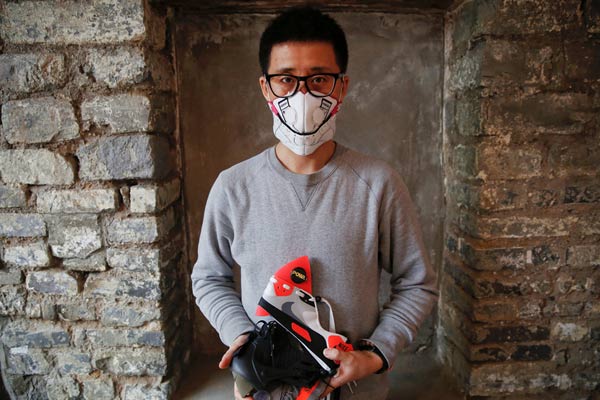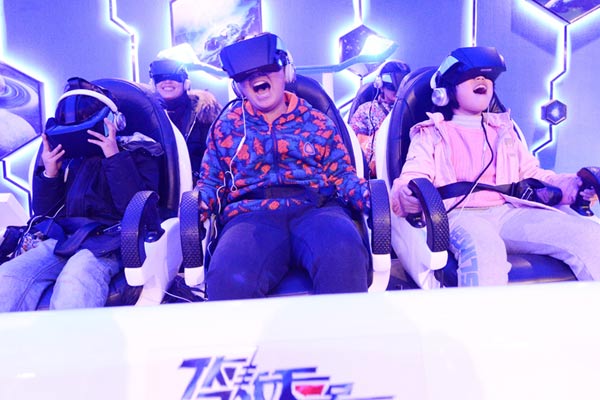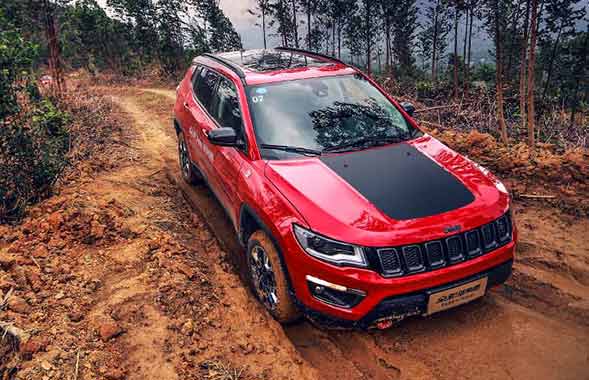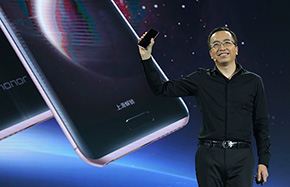China further opens auto batteries, electronics to foreign investment
China will further open up the segments of batteries of new energy vehicles and automotive electronics to foreign investment, to level the playing field in the world's largest auto market, according to a revised guidance by the National Development and Reform Commission and the Ministry of Commerce released on Wednesday.
"Such a policy shows that the government is working to level the playing field and encourage fair economic activity. Local battery manufacturers will have more incentives to innovate and improve the quality of their products," said Wang Binggang, an expert working on the new energy vehicle research project led by the Ministry of Science and Technology.
Wang also said local governments need to strike a proper balance when implementing relevant policies.
"It's a positive signal that the government has gradually opened up the industry. Local governments, however, should avoid overreacting to such an adjustment. They shouldn't come up with policies much more preferential to foreign companies than local counterparts. Otherwise, it would hamper the efforts toward creating a fair and competitive environment," Wang said.
The ministry of commerce is seeking public opinion until January 2017 on the revised guidance on industries open to foreign investment. Besides the manufacturing sector, the guidance also offers more foreign investment access to the services sector and the mining industry, and reduces the number of restrictive measures from 93 to 62.
In recent years, the growing new energy vehicle industry has been attracting the attention of manufacturers both in China and overseas.
Mercedes-Benz, a unit of the German company Daimler AG, plans to build a battery plant and make electric cars in China, Bloomberg reported on Wednesday.
"It's our strategy to localize production in China, and that goes for electric cars too," said Hubertus Troska, head of Chinese operations at Mercedes parent Daimler AG on Monday. "China's government has a strategic goal to fire up electric vehicles, aimed at improving air quality but clearly also at lessening dependence on oil imports."
Carmakers from Volkswagen AG to General Motors Co are boosting production in China as sales make up an increasing share of their bottom line. Mercedes already builds most of its vehicles sold in China locally, including longer versions of the E-Class and the C-Class that are popular among domestic buyers. It also makes a plug-in hybrid C-Class, using batteries made by local suppliers.
Shaanxi J& R Optimum Energy Co Ltd, a listed Chinese company, also made inroads into the lithium-ion automotive battery industry in November by acquiring a 19.9 percent stake in Altura Mining Ltd, an Australian supplier of lithium raw materials, for A$41.6 million ($30.69 million).
In China, the output of lithium-ion automotive batteries was 16.9 GWh in 2015, while the demand is projected to reach 125 GWh in 2020, according to data compiled by Sinolink Securities Co.
Bloomberg contributed to this story

















